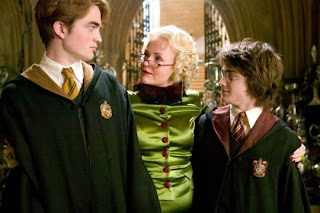With World War II being the big focus for me, I threw myself into researching the Pacific Conflict, devouring books, and drinking in the carnage and bravery of it all like only a young adolescent mind can. I grew a sort of adulation of the military and often fantasized about a new war to be brave in. The whole thing existed in the context of a Time magazine cover; a stolid marine (usually me) was carrying a wounded comrade fireman style as an artillery shell goes off behind him. For some reason Time Magazine was like my portal into this adult realm of world politics, which I tried to be interested in but I usually ended up flipping to the Arts & Film section.
Anyway, the irony was that I often imagined this war in a middle eastern dessert setting. Not hard to believe because even before 9/11 the middle east was being painted to be our next Russia; a new boogie man to wave our cannons at, but I still can't believe how much my attitude about patriotism and war changed after 9/11.
9/11 changed everything and that's what I hate about it more than anything. The loss of human life is tragic but is quadrupled weekly in the third world. What really set me off is how that a time of peace was hijacked by cowards both foreign and domestic. Right as that sense of "We're America! Stand as one!" was wearing off we were somehow marched into Iraq and though I was only in 8th grade I already could tell that this was complete and utter bullshit.
The first thing I turned on that March night we started bombing the hell out of Mesopotamia was the Daily Show, but being a pre-recorded show they urge I turn to the real news. So I did and there was a fuzzy green video of us blowing up shit in another country.
It was so fuzzy and abstract. Deep inside the idealistic patriot leftover from all those books on Iwo Jima had been expecting heroic marines carrying eachother away from danger in a grand display of bravado. Nope. Just white hot flashes of green that signified someone's apartment being shelled or a man's livelihood converted to rubble.
Honestly everything that's come after Iraq has felt like bullshit to me. I relished in my hatred of Bush and would get in furious arguments around his election year. I still had hope in politicians, just not those who were in office. Somehow John Kerry, a vietnam veteran, stirred a little of that Iwo Jima Patritotism in me and I thought if we could just get him in everything would get better.
7 years later and Obama did what I hoped Kerry would. He got elected. Then he proceeded to do jack shit about Iraq and everything else that 9/11 fucked up in this country. Politics died for me the day Bush won his second term but it struggled back when Obama was campaigning only to fade away about a year after his election. Apathy and dissapointment caused me to try and swear off politics though I never can. I'm too addicted to the show. It's better than reality TV.
Bickering, whining, lying and all the other games make politics so infuriating also make it kind of addictive. I'll probably keep paying attention to it on and off like I did in college but the one thing I got from my ride with politics is an understanding of two Americas, the politics and the populace. Next time, I'll talk about how I learned to love the heartland more than any place on earth.


